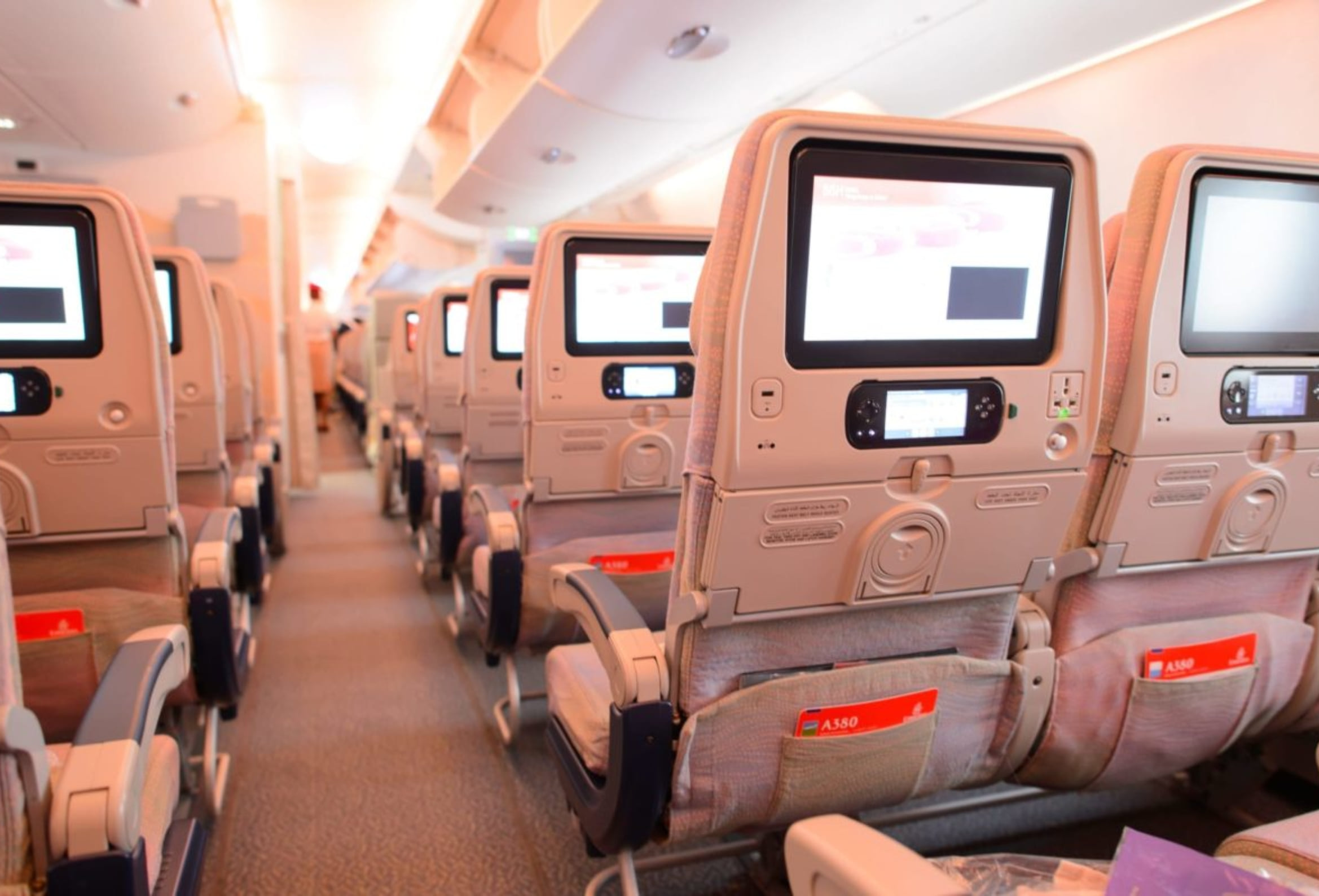
Amidst the dynamic realm of corporate
travel, where efficiency and cost-effectiveness reign supreme, block seat
agreements have emerged as indispensable strategies for businesses looking to
streamline travel logistics and ensure seamless availability. As the global
economy continues to evolve, these agreements have evolved in tandem, adapting
to meet the nuanced demands of corporate clients and airline partners. Understanding
the evolution of block seat agreements is pivotal for navigating the
complexities of modern travel management and staying competitive in today's
fast-paced business environment.
Block seat agreements are pre-negotiated deals between airlines and corporate clients or travel management companies (TMCs) that reserve a specified number of seats on selected flights. Historically, these agreements allowed businesses to secure travel at fixed rates, ensuring cost savings and availability. However, as the business landscape has shifted, so have the dynamics of these agreements.
Global economic trends have a profound impact on the nature of corporate travel and block seat agreements. Economic recessions and booms, fluctuations in fuel prices, shifts in corporate travel policies, technological advancements, and globalization are significant factors shaping the evolution of these agreements.
Economic Recessions and Booms: During economic downturns, companies often cut travel budgets, leading to reduced demand for block seats. Conversely, during economic booms, increased business activity drives up travel demand, requiring more flexible and responsive seat agreements.
Fuel Price Fluctuations: Volatile fuel prices impact airline operating costs, which in turn affect the pricing and structure of block seat agreements. Airlines and corporate clients must navigate these fluctuations to maintain cost-effective travel arrangements.
Shifts in Corporate Travel Policies: Changes in corporate travel policies, driven by economic conditions and evolving business needs, require more adaptive and flexible block seat agreements. Companies increasingly seek agreements that can accommodate varying travel volumes and destinations.
Technological Advancements: The rise of digital booking systems and online platforms has revolutionized block seat agreements. Advanced data analytics and real-time booking capabilities enable more strategic and cost-effective seat allocations.
Globalization: Increased international business travel necessitates block seat agreements that can cater to a global footprint, ensuring seamless travel across multiple regions.
Pre-2000s: The Traditional Model
In the early days, block seat agreements were characterized by manual processes and fixed terms, limiting flexibility. These agreements primarily focused on bulk purchasing for cost savings, offering little room for customization or adaptability.
2000s: Technological Advancements and Increased Flexibility
The advent of digital booking systems and online platforms marked a significant shift in block seat agreements. Airlines and corporate clients began leveraging technology to enhance flexibility and accommodate varying demands. Data analytics enabled more strategic seat allocations, ensuring better cost efficiency.
2010s: Response to Economic Shifts
The 2008 financial crisis profoundly impacted corporate travel budgets, prompting a reevaluation of block seat agreements. The need for increased cost efficiency and risk management became paramount. Airlines and corporate clients collaborated more closely, developing tailored solutions that addressed specific business needs.
2020s: The Post-Pandemic Era
The COVID-19 pandemic disrupted global travel, necessitating a shift towards more dynamic and real-time agreements. Businesses required greater flexibility to handle unpredictable demand and travel restrictions. Additionally, there was a growing emphasis on sustainability and corporate responsibility, influencing travel policies and block seat agreements.
Modern block seat agreements offer numerous benefits for corporate clients and airline partners:
To maximize the benefits of block seat agreements, businesses should adopt best practices in negotiation and structuring. Utilizing data analytics and technology can optimize agreements, while regular reviews and adjustments ensure alignment with corporate goals. Effective implementation requires collaboration between airlines and corporate travel managers, focusing on creating mutually beneficial partnerships.
Looking ahead, several trends will shape the future of block seat agreements:
The evolution of block seat agreements in response to global economic trends highlights the need for adaptability and strategic planning in B2B travel management. By leveraging modern block seat agreements, businesses can achieve greater efficiency, cost savings, and alignment with corporate goals. Exploring innovative strategies and staying ahead of future trends will ensure competitive advantages in the dynamic world of corporate travel.
We invite corporate travel managers and airline partners to share their experiences and insights on block seat agreements. For further inquiries and consultations, please contact us today. Together, we can navigate the complexities of cargo management and drive your business towards greater efficiency and success.